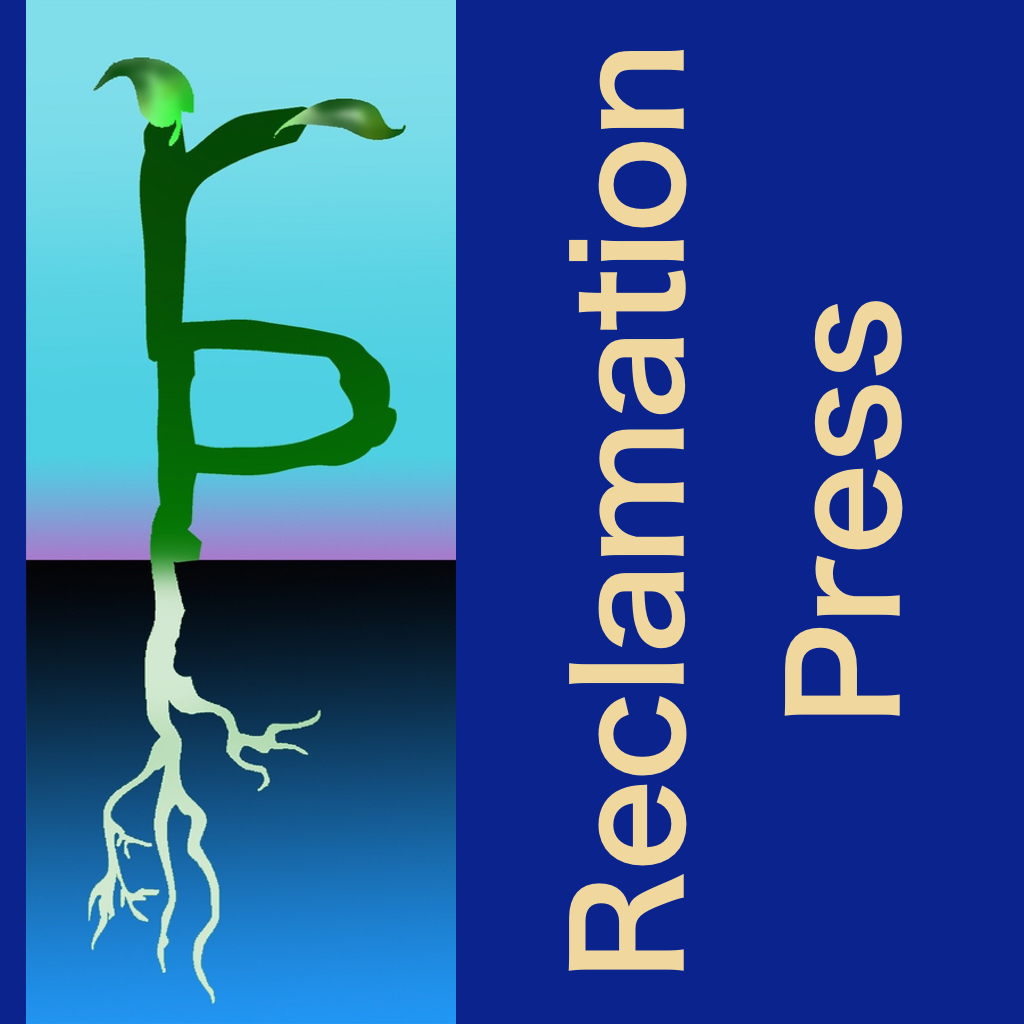by Elizabeth J. (Ibby) Grace
We have written a few blogs about why we need Reclamation Press, and we will write more. We hope you will, too.
This Press exists so marginalized voices can be put into print, so people in our disabled and other intersectional communities can write our voices into being, and read ourselves out loud. Our voices need to be put into print so other people can read our voices and hear our wisdom and know that their voices are also of value, needed voices in the world.
We write our community into being, and do so under the aegis of a non-profit arts organization, under the protection of experienced and knowledgeable people who will not use us or our friends for personal gain.
But why Reclamation?
There are a few reasons, related to a few meanings. For one thing, reclamation projects take things that were threatened, things possibly slated for destruction — maybe even actually almost destroyed — and assert their value, and even nurse them back to health. It frequently has to do with nature. Nature is a force, but it can also use friends.
A famous and glorious recent reclamation project is the High Line in New York City. My kids have a book about it which fictionalizes its history in a particularly personal and beautiful way, but one they can relate to. It’s the story of an actual dying garden being curious to see the rest of the city, but needing the help of one little boy to get around, and thereby greening Manhattan. Check out The Curious Garden, by Peter Brown.
The real (and actually kind of similar to the kids’ book in many ways) High Line history brings me to the second sort of meaning, and more, too, of what I wanted to say here. Follow this link to learn about the early Friends of the High Line and their deep ties to the LBGT[QIA] community.

Graphic of the letters “r” and “p”. The top of the letter “p” sits just above the ground and the stem grows roots. The letter “r” sits on top of the letter “p” and has new growth (sprouts and buds) growing from it. On the right side of the letters are the text “Reclamation Press” turned sideways.
Another meaning.
We who have been stigmatized by words may also decide to reclaim (engage in the reclamation of) the words haters have used to harm us. In doing this, we assert our power over our own names, what we will allow people to do to us with words.
It is difficult work to reclaim words used as weapons against your own people, and not everyone in community agrees whether or how it should be done, but it seems fair to say that most people can see that these are important things to consider.
Reclamation is also clearly a powerful act that each person in each community must choose.
I am Queer, and Crip.
On the other side, I have been called the R-word plenty enough, but am not free to reclaim that one, because others who were called that still hear the sound of it too painfully, and also too recently. I think to be honest I would too.
That word is still anathema, so Crip it is. Plus, I like the solidarity in Crip. It is a big world, for me.
The power of these two senses of reclamation together brings to mind this quote which was used by the Zapatistas in the 1990s enough to be bona fide considered a Mexican Proverb but which is likely also to have come from gay Greek poet Dinos Christianopoulos in the early 1970s:
“They tried to bury us. They didn’t know we were seeds.”
Reclaim your voice.
Reclaim your names that you care to claim.
Reclaim our world, all of it.
Reclaiming Wisdom. Reclamation Press.
Thank you for speaking. Thank you for listening. Thank you for being.
Thank you for your support.
What are you reclaiming?
Let’s continue the conversation in the comments.

<3
Yes, seriously! Reclaim heart, and love!
<3 to you too, dearest Selene. <3